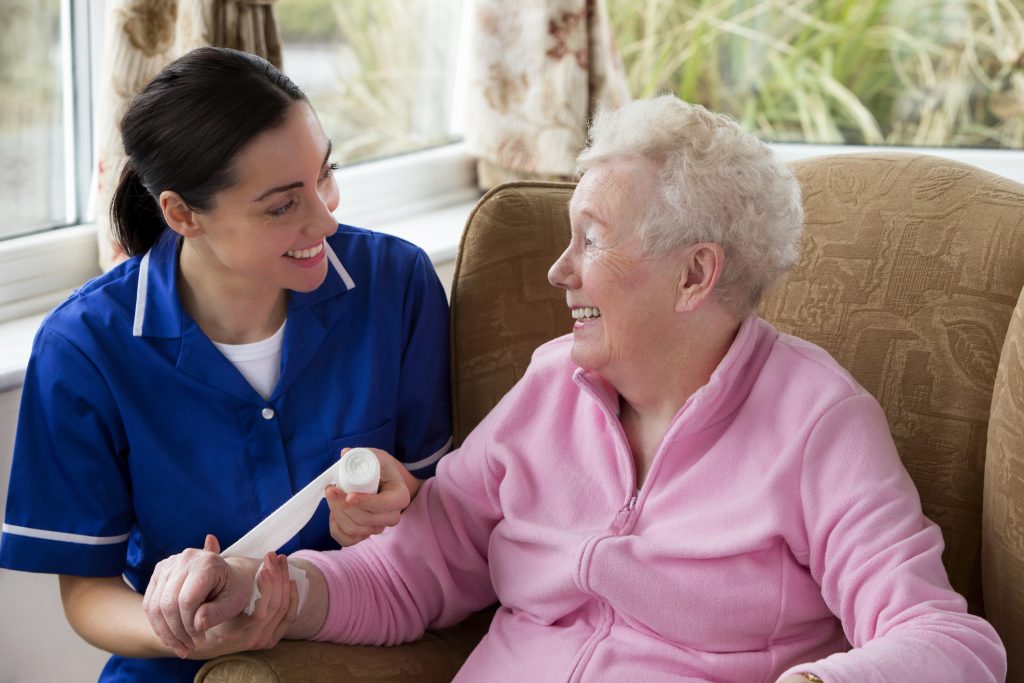When you think of wound care, the hospital may be the first thing that comes to mind. But did you know that proper wound management can also occur in a home setting? For patients living at home, providing adequate wound care can mean the difference between a speedy recovery or a long recovery. Having a skilled nurse treating your wounds at home not only reduces the risk of infection and promotes healing, but in certain cases, it can even help to minimize long-term scarring. Whether a patient is facing a severe or minor injury, proper wound care plays a crucial role in their recovery. In this blog post, discover why wound care is so important at home and how it can help ensure patients heal properly.

Reduced risk of infection
Having a skilled nurse help with wound care at home helps reduce the risk of infection. When patients leave the hospital or clinic, they can be exposed to external bacteria or other infectious agents which could create a situation that they can’t manage on their own. Along with having a professional come and help with your wound care, it’s important to follow the instructions given to reduce the likelihood of infection and help keep wounds clean. This is especially important for patients with chronic diseases such as diabetes, as they may be more prone to infections.
Promotes healthy tissue growth
Wound care at home involves more than just keeping the area clean. It also includes dressing changes, wound assessment, and monitoring for signs of complications. Having regular wound cleaning and dressing changes help prevent the formation of excess scar tissue and promote a healthy immune response. When a wound is clean and free from infection, new tissue can grow more readily. Wound dressings can also help protect the new tissue from further injury or contamination.
Maintain a healthy diet
A well-balanced diet is crucial for wound healing. Eating a diet rich in protein, vitamins, and minerals helps to repair tissues damaged by the wound. Vegetables and fruits provide vitamins and minerals that are essential in wound healing. Protein sources such as eggs, meat, and fish help build new tissue to promote healing. It’s essential to stay hydrated by drinking plenty of fluids.
Empowering patients with their health
When it comes to wound care, empowering patients with their health is crucial for ensuring better outcomes. Empowering patients involves educating them on wound care, providing them with the necessary tools and resources, and encouraging them to take an active role in their treatment. Patients who feel supported and involved in their own healing process are more likely to follow through with treatment plans, improved treatment compliance, and better overall health outcomes.
Prevents hospital readmission
Providing patients with proper wound care education and resources can also save time and money. Patients that understand and are involved in their treatment plan, will be less likely won’t to come back to the hospital or visit the ER for wound care-related issues. This can lead to fewer healthcare expenses for the patient. Having patients actively engaged in their treatment plan can benefit both the patient and the healthcare provider in achieving a good outcome.
If you or someone you know is looking for an in-home skilled nurse to help with wound care, contact us today to learn more about how we can help.
